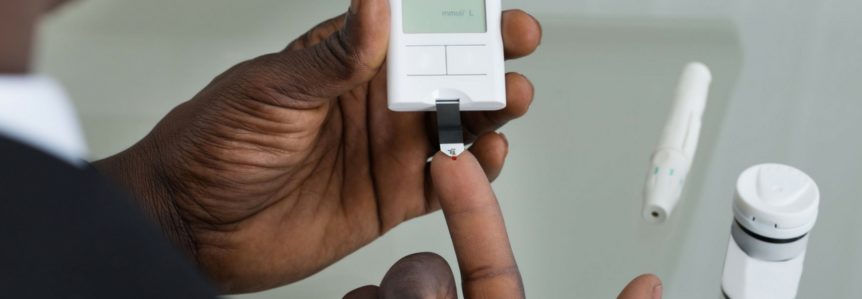Diabetes is one of the most common health problems in the United States, with over 30.3 million Americans living with the disease. There are two main types of diabetes called type 1 and type 2 diabetes. Although both have similar effects and risks, the causes are very different and there are unique treatment options for both.
The Difference Between Type 1 and Type 2 Diabetes
What Do Both Diseases Have in Common?
Both types of diabetes affect the body’s ability to process blood sugar with the hormone insulin. This results in high blood sugar which, if left untreated, can result in the following symptoms:
- Fatigue
- Frequent hunger and thirst
- Blurry vision
- Cuts and sores that heal poorly
- Frequent urination
Long-term, untreated diabetes can lead to the following issues:
- Kidney disease
- Eye disease
- Heart disease
- Nerve problems
Type 1 Diabetes
The less common of the two forms, type 1 diabetes, affects just 1.25 million people in the US. Type 1 occurs when the body’s immune system mistakenly attacks the beta cells responsible for making insulin. Without these cells, the body is not able to produce the sugar-regulating hormone.
Type 1 diabetes is an unavoidable disease. Most people with the disease get it during childhood or early adulthood. Although genetics plays a significant factor in a person’s likelihood to get type 1 diabetes, the exact cause is still unknown.
Treatment
There is no current cure for type 1 diabetes. People affected by type 1 diabetes can control it through insulin injections, diet regulation, and regular blood sugar monitoring.
Type 2 Diabetes
People living with type 2 diabetes can produce insulin. The body just can’t use the insulin effectively, resulting in high blood sugar. For this reason, type 2 diabetes is often referred to as insulin intolerance.
Type 2 diabetes is linked to obesity, a poor diet, and a lack of exercise. The disease usually begins in adulthood, although it is becoming increasingly common in children and adolescents.
Treatment
Unlike type 1, type 2 diabetes can be treated and reversed through lifestyle changes, like an improved diet and more exercise. Many end up taking medication for the disease, including insulin injections. For some, these drugs can increase complications.
There is a way to treat and even reverse type 2 diabetes without medications. At Dynamic Health in Charlotte, North Carolina, we look past symptoms. We treat the causes of the disease to lessen the severity of your symptoms.
Schedule an appointment with Dynamic Health today to find out if our type 2 diabetes treatment can help you.

